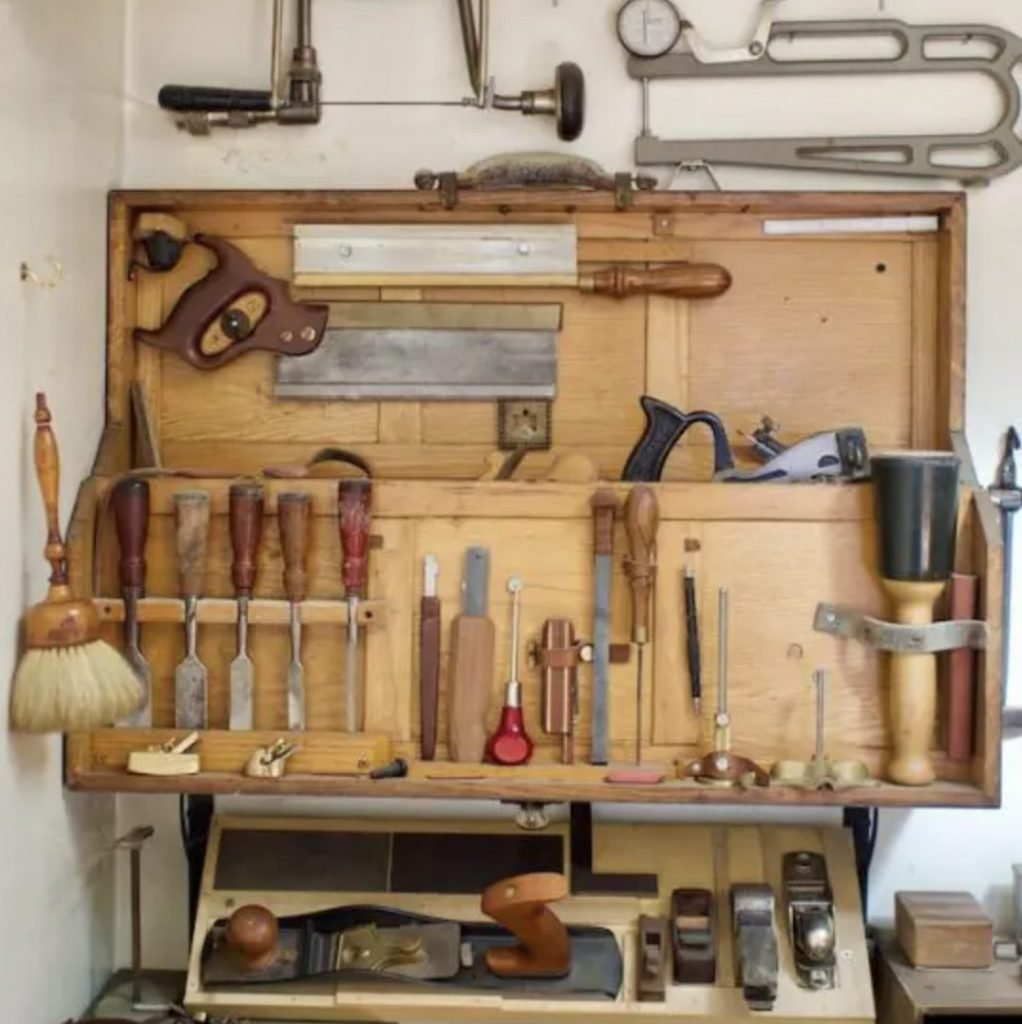Socioeconomic inequality is often related to possessions or access to the experiences the possessions afford. Is it okay if some have expensive vehicles and recreational equipment that are not shared with the group? Will members be asked to keep items in a personal paid storage unit instead of on group property if it’s not to be shared with the group and doesn’t fit into the personal storage spaces assigned to members?

Group-owned Possessions
Imagine the savings you’ll have by splitting the cost of many items that most people only use once or twice per week, possibly use once per year, or can use simultaneously. While you’ll have some inconveniences at times, if you do a good job with scheduling the use of equipment, it can be an overall win for everyone. For example, everyone could be assigned a day for use of the clothes washing machine, so each person would only have to coordinate sharing with one or two others who have the same day. Alternatively, everyone could have an assigned time slot within a week.
Some groups want to approach joint ownership in an unstructured, high-trust, low-bureaucratic way. Others have highly organized approaches. A middle ground could be to have a discussion about everyone’s assumptions, to make sure you’re on the same page.
The “clear is kind” approach, to quote Brene Brown, could be to set up a few guidelines. This can help you avoid making wrong assumptions and having to constantly negotiate and check in to see what perspectives may have changed. A process or designated roles can help keep each other accountable for damage individuals might cause or for not returning things where they belong, so that it feels fair for everyone. Make a list of items you will hold as common property. If it’s not purchased by group funds, will members get some kind of payback for expensive items they provided for shared use? Sometimes all members want is acknowledgement of their generosity. Other times members might want a reimbursement at a used-item price.
Transportation:
- car(s)
- truck
- trailer
- bicycle(s)
- bicycle trailer
- camper van
Office:
- printer
- computer (sign up for usage)
- subscriptions to trade journals
Tools:
- power tools and work room
- gardening tools
Indoor leisure equipment and spaces:
- games
- books
- subscriptions to video
- subscriptions to music
- rec room for dance, yoga, meditation, free weights
Outdoor recreation equipment and spaces:
- kayak, paddleboard, innertubes, etc.
- hot tub, pool or pond
Household equipment:
- washer and dryer
- vacuum cleaner
- extra square footage to store group-owned items
- extra bathroom (guest bathroom that might be a distance away but useful if the main one is occupied)
- large yard for dogs and kids
- resident dog whose care and expense could be shared by members of the community
- deck or patio with outdoor cooking setup
Sharing of Individually-owned Items
Some people grow up with siblings who share clothes and much else without even asking. Others might feel it a disrespect if their personal possessions were used without permission. Often, this kind of understanding will be developed on a person-by-person basis. You can prevent newcomers from awkwardness if someone tips them off to what might be unrecorded norms of your community. A group may decide that anything not kept in a person’s private room or locker is available for group use. Many multi-building communities find it helpful to have a variety of locations throughout their site where there are drawers or cubbies labeled by name for personal use. Sometimes it helps to have a commonly used item secured to one location, such as a pair of scissors chained to a work desk.
Your group may at some point face decisions about socioeconomic inequality related to possessions. Is it okay if some have expensive vehicles and recreational equipment that are not shared with the group? Will members be asked to keep items in a personal paid storage unit instead of on group property if it’s not to be shared with the group and doesn’t fit into the personal storage spaces assigned to members?
Sharing of Businesses or Other Ventures
Plans for shared business ownership, assets, and obligations:
Plans for shared coordination of childcare, schooling, and/or play areas: